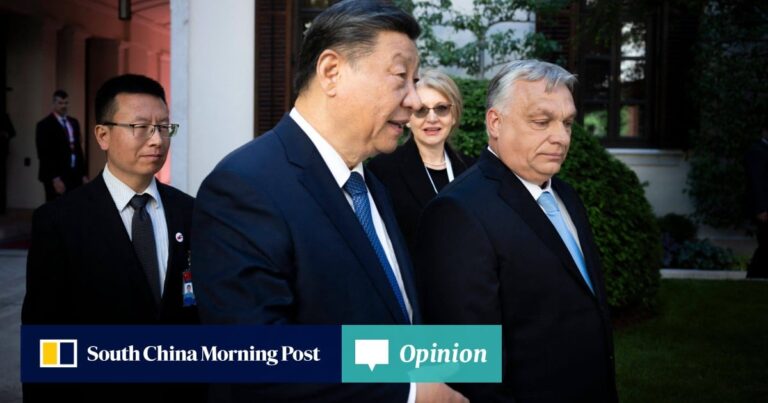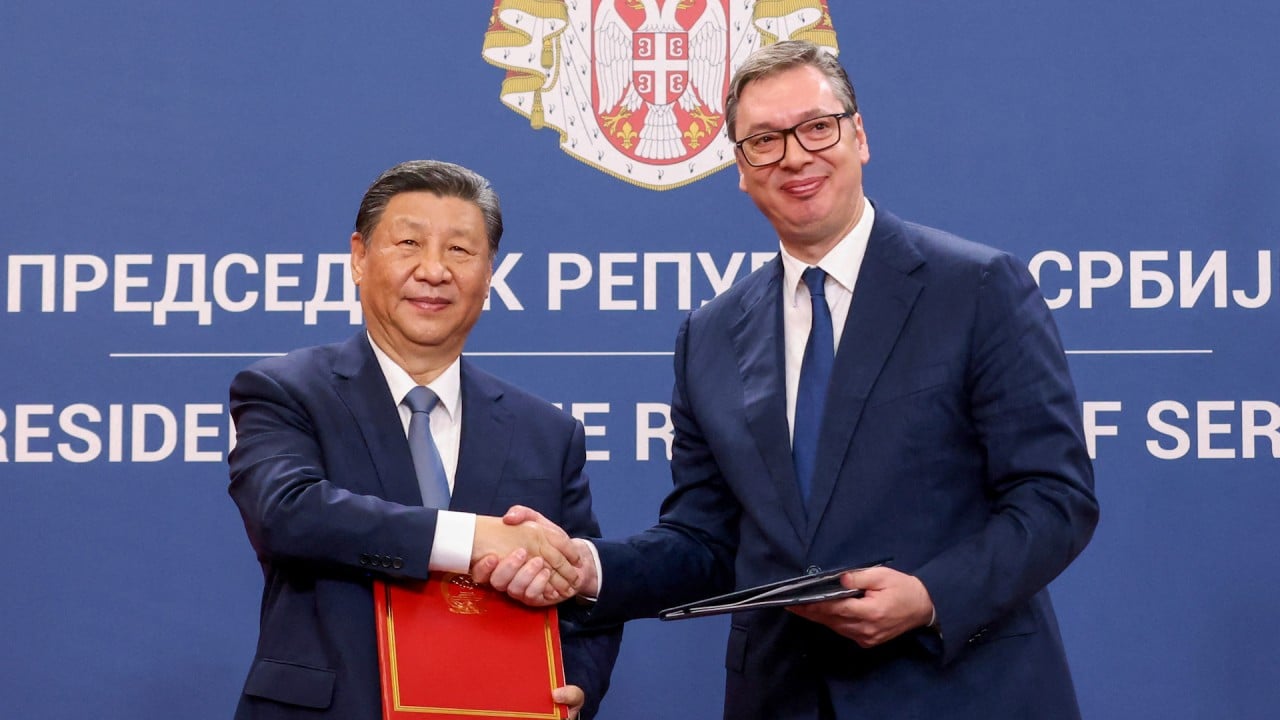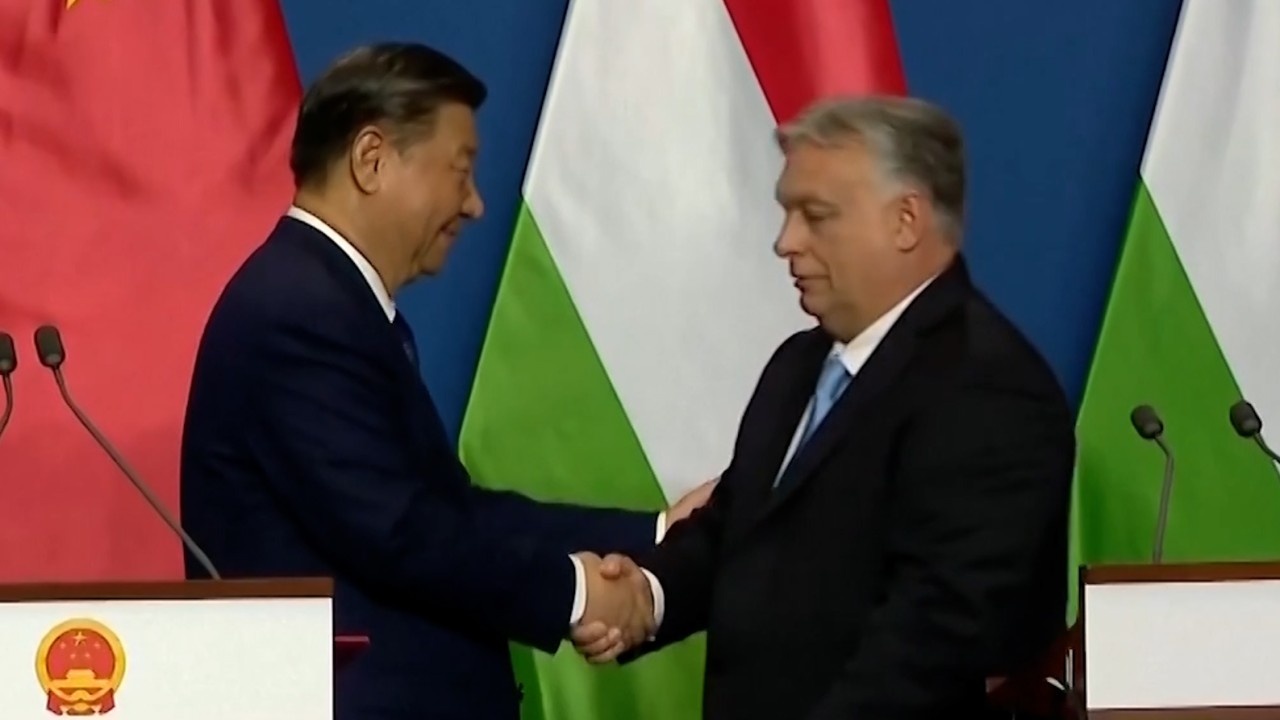All these developments highlight the strength of the emerging pro-China Hungarian-Serbian axis in Europe.
For most European leaders, supporting Prime Minister Orban is not a badge of honor. Indeed, it is considered something to be avoided as much as possible. By working closely with Orbán, Mr. Xi risks the Hungarian leader’s very bad reputation negatively impacting China’s image in other parts of Europe.
In the medium term, it is questionable whether Orbán is really the best choice for China in terms of finding friends in Europe. Certainly, as long as he is in charge in Budapest, things will go smoothly. However, despite its many serious flaws, Hungary remains a democracy.
Sooner or later, Prime Minister Orbán will lose the system of political patronage he has cultivated over the years and the power that comes with it. The new government that succeeds him is likely to be more liberal and pro-EU. Such a situation would not only pose difficulties for China, but also put the political and economic advances made so far at great risk.
In the longer term, there is a risk that China may be overestimating the benefits of the influence it is gaining in Budapest regarding relations with the EU. Prime Minister Orbán is likely to seek to counter EU foreign policy initiatives that Beijing may see as threatening to its interests or its proxies, but he is also concerned that other European capitals have responded to Budapest’s antics. There is a clear trend that people are learning how to do things.
As the EU continues to move its foreign policy decision-making process from unanimity to qualified majority voting, Hungary will ultimately be relegated to a systematically weaker position in the Council of Europe. Any remaining influence China may have over European foreign policy will be lost through the influence Beijing has in Budapest.
Mr. Xi is a master of diplomacy, and he handled this trip to Europe very well. However, one must question whether China’s long-term strategic posture toward Europe is the most appropriate. Brussels and most European capitals could very well welcome Beijing’s increased role on the world stage and in the European economy.
But by becoming too friendly with these two leaders with perhaps the worst reputations in Europe, China gains superficial and short-term economic and political benefits while You run the risk of damaging your visual image.
Matteo Garavoria is Professor of Practice and Director of Research at the China-EU Centre at Tsinghua University in Beijing. He is also a Senior Research Fellow in the Department of Politics and International Relations at the University of Oxford.



